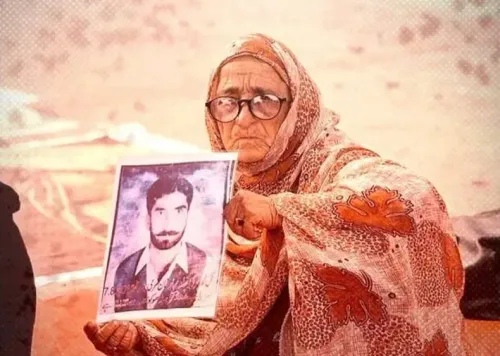Schools Shut and Precautions Initiated as Earthquakes Rock Santorini, Greece

Synopsis
Key Takeaways
- Schools closed in Santorini due to earthquakes.
- Over 300 tremors recorded since Friday.
- Seismic activity attributed to tectonic movements.
- Authorities set up tents for precautionary measures.
- No links to recent volcanic activity.
Athens, Feb 3 (NationPress) Schools on Greece's Santorini Island, a renowned tourist hotspot in the Aegean Sea, were closed on Monday, with tents established on football fields as authorities implemented precautionary measures following a series of earthquakes over the weekend.
According to researchers at the National Observatory of Athens, more than 300 tremors have shaken Santorini and its neighboring islands, such as Amorgos, since Friday, with magnitudes reaching as high as 5 on the Richter scale.
While Greece is situated on numerous fault lines and experiences daily seismic activity, such an escalation in tremors has not been documented in this section of the Aegean since 2012. At that time, tremors persisted for several months without causing injuries, significant material damage, or triggering a volcanic eruption, according to scientists.
Santorini is part of the Hellenic Volcanic Arc, an active volcanic region. Historians note that a significant volcanic eruption 3,600 years ago resulted in a catastrophic tsunami that affected Crete. However, no major volcanic disasters have been reported in recent history.
Local scientists have attributed the ongoing quakes to tectonic activity rather than volcanic phenomena. There is no correlation between the current seismic activity and the volcanic activity observed in recent months, stated Efthymios Lekkas, President of Greece's Earthquake Planning and Protection Organisation and Professor at the National and Kapodistrian University of Athens, during an interview with the Greek national news agency AMNA from Santorini on Monday.
Santorini experienced a devastating 7-magnitude earthquake in 1956, which led to 50 deaths and extensive material damage. This time around, scientists do not anticipate that the current seismic activity will generate a tremor exceeding 6 on the Richter scale, but they expect the quakes to persist for several weeks, according to Lekkas.
As experts and rescue teams were dispatched to the region, some visitors and locals opted to leave the island on Monday. Authorities advised those remaining to steer clear of indoor gatherings and avoid certain cliffs.
"During this time of year, we do not have a significant number of foreign tourists, and it's understandable that those who rarely experience tremors might feel anxious. Locals are calm. We are vigilant, but we do not panic," remarked George Halaris, a local shop owner catering to tourists, in a statement to the Xinhua news agency.
Santorini, which has approximately 20,000 permanent residents, attracts over three million visitors annually.









